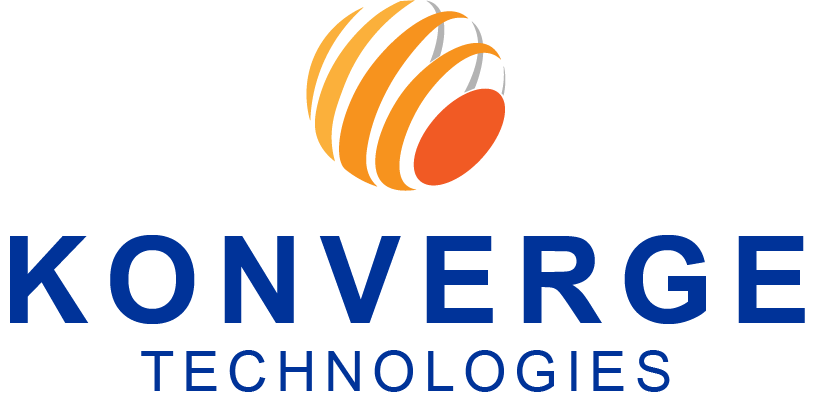Improving Invoice Reconciliation Accuracy with Smart Automation

Industry: Finance
Location: India
Company Size: Publicly Listed Company
Client Background
Our client is a leading global financial services group with operations across 30+ countries and a legacy of excellence spanning several decades. With a strong presence in key financial hubs such as India, the United States, Canada, Australia, the United Kingdom, Singapore, and the Middle East, they deliver world-class financial solutions tailored to diverse market needs. Their business is structured around three core verticals: Retail Banking, Wholesale Banking (including Global Markets and Investment Banking), and Investment Management. They cater to a broad spectrum of clients—ranging from individuals and small businesses to large multinational corporations and government entities. Renowned for their innovation, regulatory compliance, and client-centric approach, the group manages assets worth billions and is recognized as a trusted institution globally. Their ongoing investments in digital transformation, risk management, and operational efficiency continue to strengthen their position in the global financial landscape.
Review
Challenge
The client was facing persistent challenges in reconciling invoices received from their multiple international offices. These invoices originated from regions including India, the US, Canada, and Australia—each using distinct formats, tax structures, currencies, and localized terminologies, even when referring to the same line items or services. For instance, one region would label a fee as “management charges,” while another would call it “advisory fees,” though both referred to the same service. Moreover, some invoices included multi-page attachments, embedded tables, handwritten notes, or non-standard fields, further complicating the extraction and matching process.
Their existing Robotic Process Automation (RPA) infrastructure was designed to handle standardized inputs, and as a result, could only deliver about 70% accuracy in processing these documents. The bots frequently failed to interpret regional differences, identify duplicate or misclassified charges, and flag discrepancies in amounts or tax calculations. Consequently, finance teams were spending significant time manually validating and correcting data—often cross-referencing it with legacy systems and internal policies. This not only slowed down the month-end reconciliation cycles but also increased the risk of financial discrepancies, compliance issues, and audit red flags. The inefficiencies directly impacted operational productivity and reduced confidence in automation-driven processes.

Solution
We stepped in to redesign their reconciliation process with a smarter backend system built on open-source technology. At the heart of the solution was a custom-built dictionary that could recognize and standardize terms, even when they appeared differently across documents from different countries.
This dictionary acted like a translator for the system—making sure that different ways of saying the same thing didn’t confuse the automation tool.

Results
Once the new system was integrated, the results were immediate and impactful. The invoice reconciliation accuracy jumped from 70% to over 90%. This meant significantly less manual intervention, faster processing times, and a noticeable improvement in overall efficiency.
Client Impact
Reduced manual work and errors
Improved turnaround time for reconciliations
Enhanced trust in automation results
Scalable solution adaptable to more regions


